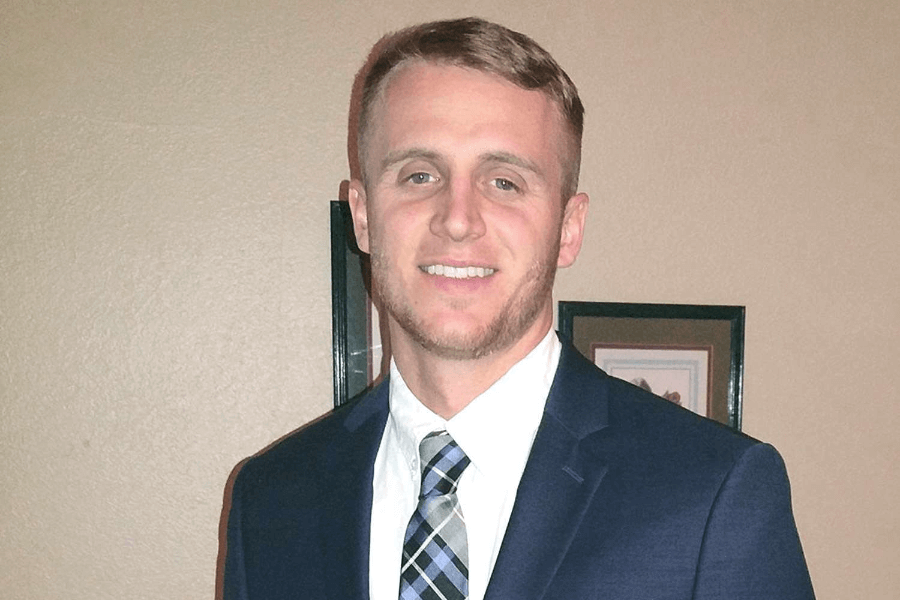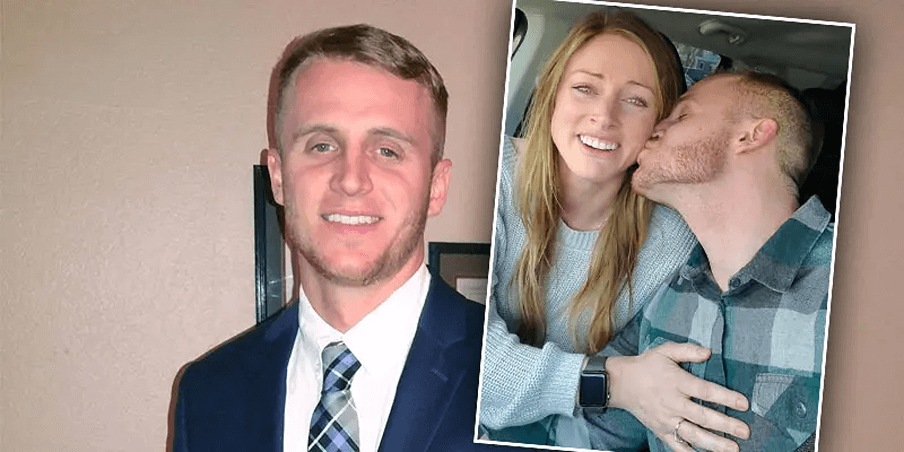📑Table of Contents:
Nate Burrell became one of the most talked-about participants on A&E’s hit reality series 60 Days In. His experience on the show captivated audiences, not just because of the undercover challenges but also because of his personal story.
Let’s explore Nate’s journey, what he faced inside the program, and what unfolded after the cameras stopped rolling, giving a full picture of the man behind the headlines.

Who Is Nate Burrell?
Before joining 60 Days In, Nate served in the military. His background as a Marine gave him a sense of discipline, resilience, and purpose. Nate joined the show’s second season with a clear mission: to help improve the jail system by going undercover as an inmate. His military experience gave him a unique advantage, allowing him to handle pressure and maintain focus.
Many viewers admired Nate’s commitment. From the start, he showed confidence and determination. But, like many participants, he soon discovered the experience would push him far beyond his expectations.
Nate’s Time in Jail
Once inside, Nate faced the harsh realities of jail life. While he stayed focused on his mission, he encountered challenges that surprised even him. Navigating inmate politics, avoiding suspicion, and gathering information were no easy tasks. Each day demanded emotional toughness, adaptability, and sharp instincts.
Nate often displayed calm under pressure. However, tensions rose as days passed. He had to balance his role as an undercover participant while ensuring his safety. His military training helped, but it didn’t shield him from the emotional and psychological toll that the environment took.
He witnessed violence, mistrust, and the harsh conditions inmates face daily. Nate’s observations were eye-opening, offering raw insights into the flaws of the jail system. His ability to capture critical details while maintaining his cover made him one of the standout participants of the season.
Memorable Moments and Contributions
Several moments from Nate’s time on 60 Days In stood out. Viewers remember his sharp observations about inmate behavior, gaps in security, and prisoner treatment. His feedback provided valuable insights that helped officials understand key issues, including overcrowding, lack of resources, and staff-inmate interactions.
Nate also formed genuine bonds with some inmates. These relationships added complexity to his mission, revealing the human side of life behind bars. Yet, they also made his task emotionally difficult, as he had to balance empathy with the responsibility of gathering intelligence.
The Psychological Toll

Participating in 60 Days In was physically demanding and mentally exhausting. Nate opened up about the stress of keeping his undercover role secret, the constant tension, and the emotional exhaustion of blending into jail life. Although the show concluded, the aftereffects lingered.
Returning to normal life after such an intense experience wasn’t easy. Nate spoke openly about his post-show pressures, including public attention, media coverage, and personal struggles. His candid reflections resonated with fans, shedding light on the mental health challenges that can follow high-stress experiences.
Life After the Show
After his time on 60 Days In, Nate tried to move forward, focusing on new goals and personal projects. However, beneath the surface, he faced mounting mental health struggles. He had previously spoken about the importance of mental health for veterans and those in high-pressure roles.
In 2020, fans were devastated to learn of Nate’s tragic passing. His death shocked the 60 Days In community and sparked widespread conversations about the long-term impacts of undercover work, military service, and the urgent need for mental health support. His loss was deeply felt by viewers, cast members, and advocates alike.
Remembering Nate’s Legacy
Nate’s contribution to 60 Days In remains significant. He was admired for his bravery, honesty, and dedication. Fans continue to honor his memory by raising awareness about veterans’ mental health and the challenges faced by those in undercover roles. Many have used Nate’s story as a starting point for discussions on better supporting individuals returning from high-stress environments.
His life is a powerful reminder that even the strongest can face unseen battles. Nate’s story encourages us to check in on loved ones, offer support, and prioritize mental well-being. His openness about his struggles helped destigmatize conversations about mental health, making a lasting impact on many lives.
The Broader Impact of 60 Days In
Nate’s time on 60 Days In also helped bring broader issues to light. The show has sparked ongoing discussions about jail reform, inmates’ treatment, and correctional officers’ working conditions. Nate’s detailed observations and honest assessments played a crucial role in shaping those conversations.
He highlighted the need for compassion and fairness within the system, showing that reform must address structural issues and human dignity. His legacy within the show continues to influence viewers and policymakers alike, emphasizing the importance of firsthand accounts in driving meaningful change.

Final Thoughts
Nate Burrell’s journey on 60 Days In left a lasting impact on viewers, cast members, and the broader conversation about incarceration and mental health. His bravery inside the jail and his struggles outside highlighted the complex realities of undercover work and the unseen toll it can take. While his passing was heartbreaking, his legacy lives on in the conversations he helped spark.
Nate’s story inspires many, reminding us of the importance of resilience, empathy, and mental health awareness. His life teaches us to value openness, prioritize support networks, and never underestimate the power of human connection in healing and growth.





